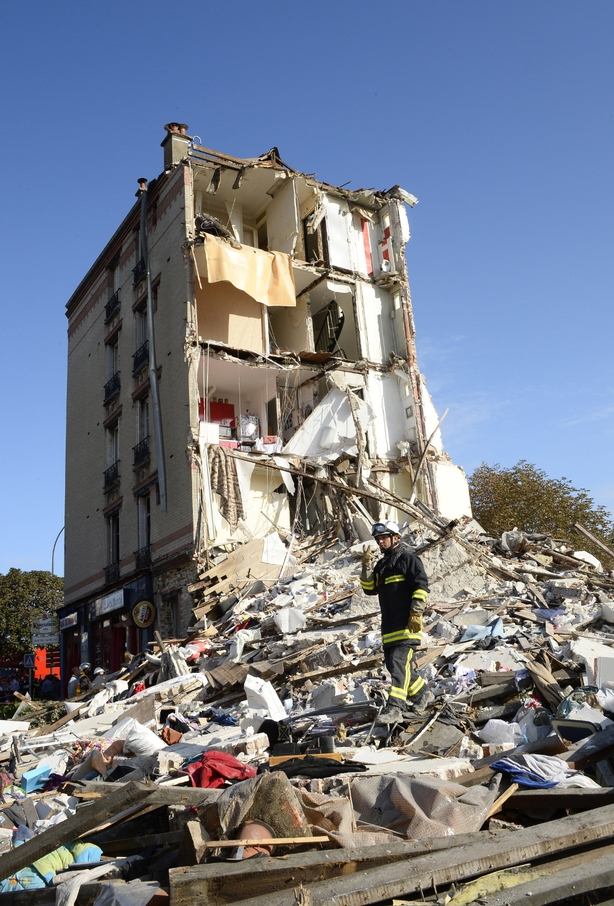Shatila refugee camp, Beirut - Smoking a cigarette in front of a football field in Beirut's Shatila refugee camp, Altayeb, a former drug dealer, says he spent many nights alone in his bathroom getting high on medical narcotics.
"I often bought my supply from the pharmacy. They have pills that make us feel like Superman," he says.
The 40-year-old Palestinian refugee, whose parents fled in 1948 from Akka, a city in modern-day Israel, still remembers the high. "I remember how it used to calm my nerves," says Altayeb, fidgeting with his lighter.
He says he started selling drugs after securing a job as a driver for a Lebanese DJ; he was told to bring "party favours" before escorting clients, and his drug-dealing quickly escalated into a lucrative business.
Altayeb is not alone. While displacement, poverty and confinement are contributing factors, a lack of governance in the Palestinian camps has also played a vital role in the spread of drug abuse and trafficking among Palestinian refugees in Lebanon. The country
hosts more than 470,000 Palestinian refugees, of whom over 50 percent live in 12 refugee camps.
Legal restrictions prohibit Palestinians from being able to pursue Lebanese citizenship, inherit property or practice
about 30 different professions. Not only are Palestinians excluded from social and political opportunities, but since the
1969 Cairo agreement, refugee camps have been placed outside Lebanese governance and under the quasi-authority of Palestinian factions.
RELATED ARTICLE: Link.
*
news.yahoo.com/housing-group-says-20-years-rebuild-gaza-092845840.html
With armed groups competing for control, and a limited number of non-governmental organisations working with drug addicts in the Palestinian camps, it is difficult to estimate the prevalence of drug use there.
Due to an absence of regulation, medicines that typically require prescriptions are legally sold in camp pharmacies to patients without prescriptions, camp residents and human rights groups say.
The most commonly abused medications in the camps are Tramadol and Xanax. Tramadol (30 pills are sold for $5) is an opiate derivative used for pain relief, while Xanax (eight pills are sold for $8) is prescribed to alleviate anxiety. Both drugs can produce side effects such as nausea, hallucinations and sedation, and as user tolerance increases, addicts consume heavier doses to achieve the same high.
While Lebanese pharmacies must register under a licensed practitioner, the industry is unregulated in Palestinian refugee camps. Sulieman, who did not give Al Jazeera his last name, is a shopkeeper at his brother's pharmacy in Ein el-Hilweh, a Palestinian refugee camp in the southern city of Saida. He said that even if his brother wanted to become an accredited pharmacist and register his store, work restrictions confine his business to the camps.
Sulieman's brother, Mohammed, told Al Jazeera that he receives most of his drug inventory from a Lebanese pharmaceutical distributor, although the company he named denied supplying medicines to camp pharmacies.
"They give us everything we ask for," Suleiman insisted.
Raed Ataya, a lawyer and project coordinator for Nabaa, a Lebanese group that supports drug addicts in Saida, said although Lebanese pharmaceutical companies are legally prohibited from supplying pharmacies in the camps, in practice the government cannot prevent Palestinians from importing medicine. "That would be inhumane," Ataya told Al Jazeera. "We need to regulate pharmacies, not forbid them."
Many pharmacy owners are afraid that their drugs may be resold to armed factions, so shopkeepers are often reluctant to supply people they do not know. But Altayeb told Al Jazeera he had a consistent supplier: "I knew two guys well," he said. "They often gave me $2,000 worth of Tramadol and I was able to sell it outside the camp or cut it with other drugs."
Nadya Mikdashi, the executive director and co-founder of Skoun, a Beirut-based NGO
offering support and rehabilitation, said, in the absence of regulation, access to prescription medicine comes down to the ethics of individual pharmacies. "These pills are like heroin, but in pill form," Mikdashi told Al Jazeera.
Lebanese law criminalises drug abusers, and all hospitals are required to call the police to report anyone who has overdosed. This can have negative implications for those needing lifesaving assistance, Mikdashi noted.
Two hospitals in Beirut told Al Jazeera they received memos from the Lebanese Internal Security Forces in January, reminding them to contact the police if they suspected a patient had used drugs.
Since Palestinians only have access to primary healthcare from the United Nations' Relief and Works Agency (UNRWA), a Palestinian refugee agency, they must travel to hospitals outside the camps.
And with strong stigmas on Palestinians still prevailing, human-rights groups say they have a difficult time breaching the topic of drug addiction in the camps. Mikdashi said that with all the discrimination Palestinians face in Lebanon, many wonder why drug addiction is being made a priority.
"Poverty, low access to emergency services and fear of the law, these are the primary reasons why overdoses are underreported," Mikdashi said.
As criminalisation has made it difficult for addicts to locate support, Skoun has reached out to high-risk areas by making supplies of Naloxone, a drug designed to reverse opioid overdose, widely available. But the organisation is not able to reach everybody.
"I lost my friend to a Tramadol overdose," Altayeb said. "I remember when his wife called and started crying; where was I supposed to take him?"
Soon after his friend died, Altayeb was arrested by Lebanese authorities for carrying hashish outside the camp. Four months in a Lebanese prison was torturous, he said, and weeks after his release, he decided to seek support. Today, drug-free for more than two years and earning $300 a month as a taxi driver, Altayeb says his criminal record coupled with other restrictions on Palestinians in Lebanon has left him with few other options.
"Maybe I'll open a pharmacy," he grins. "I was always good business for them and they were always great business for me."








.JPG)




